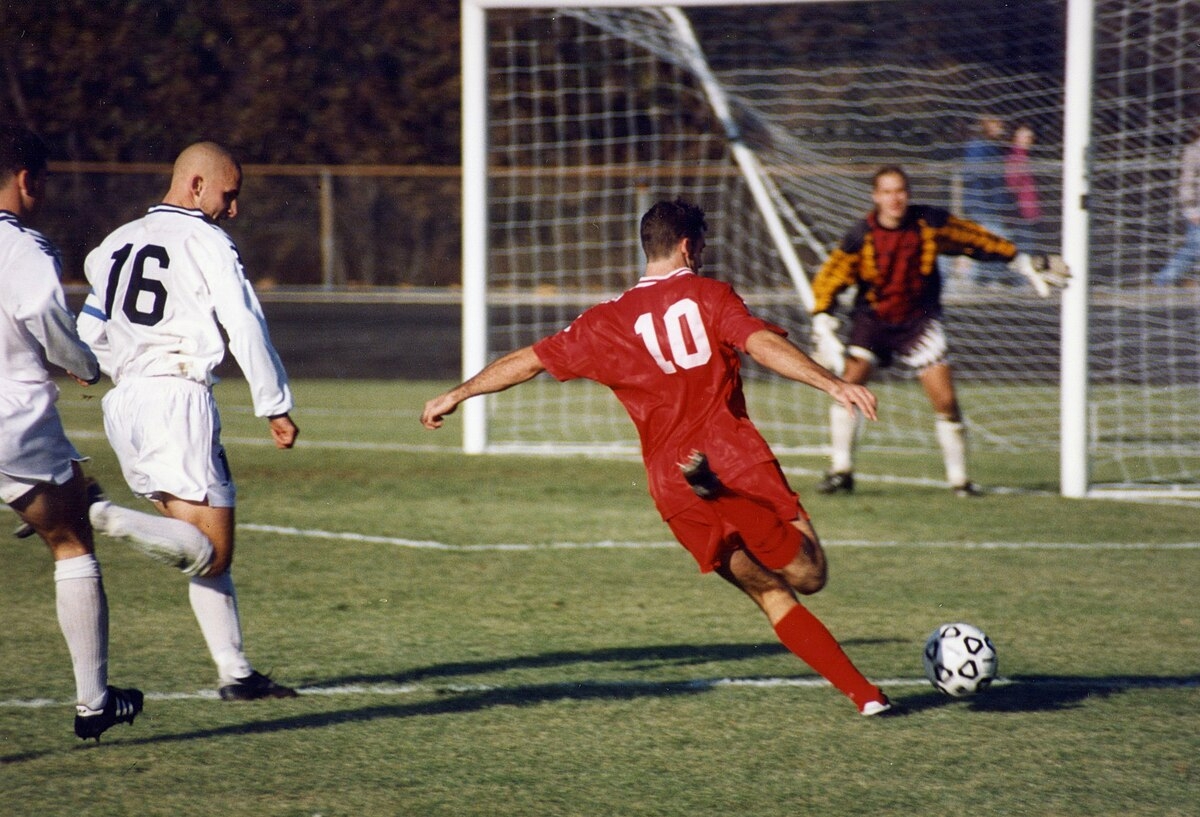Football, the world’s most popular sport, has a rich history that goes far beyond the stadiums and the fans. While the essence of the game—two teams competing to score goals—has remained the same, the rules of football have evolved dramatically over the centuries. From chaotic village games in medieval England to the well-structured matches of today’s FIFA World Cup, football’s regulations reflect the journey of the sport itself.
Early Beginnings: The Chaos of Folk Football
The earliest forms of football can be traced back to ancient civilizations like China (Cuju), Greece (Episkyros), and Rome (Harpastum). These games often had minimal rules and were more about physical contests than structured play.
In medieval England, football became a festive activity. Villagers would gather to chase and kick a ball across open fields, often with no clear limits, no teams of fixed size, and very few rules. These matches were rowdy, sometimes violent, and could last for hours. The lack of organization laid the foundation for the need to create more standardized rules.
19th Century: The Birth of Modern Rules
The mid-1800s was a turning point. With the rise of public schools and universities in England, football started to be played more systematically. However, each school had its own version of rules—some allowed carrying the ball (like rugby), while others only permitted kicking.
In 1863, a historic moment arrived when the Football Association (FA) in England was formed. The FA created the first unified set of rules, known as the Laws of the Game, which separated football from rugby. Some of the original features included:
-
No handling the ball (except by the goalkeeper).
-
No tripping, holding, or charging opponents violently.
-
Use of a round ball instead of an oval one.
-
Standardized pitch dimensions.
This marked the true beginning of football as we know it.
Evolution in the 20th Century
As football spread worldwide, the rules continued to adapt:
-
Introduction of the Penalty Kick (1891): To punish foul play near the goal.
-
Offside Rule Development: Evolved over time to encourage attacking play.
-
Goalkeepers’ Restrictions (1912): Allowed to handle the ball only in the penalty area.
-
Substitutions (1958): First introduced in the World Cup to replace injured players.
-
Red and Yellow Cards (1970): Debuted at the Mexico World Cup for clear disciplinary measures.
These innovations balanced fairness, safety, and excitement in the game.
Modern Era: Technology and Precision
The late 20th and 21st centuries have seen football embrace technology and stricter regulations:
-
Goal-Line Technology (2012): Ensures accurate decisions on whether the ball crossed the line.
-
Video Assistant Referee (VAR, 2018): Introduced to reduce referee errors in crucial moments.
-
Changes in Offside Interpretations: Adjusted to give attackers the benefit of the doubt.
-
Concussion Protocols and Player Safety: Reflecting growing awareness of health issues.
Today, the International Football Association Board (IFAB) oversees the Laws of the Game, ensuring they adapt to the modern pace and global nature of football.
Conclusion
The journey of football’s rules from chaotic medieval games to the finely tuned regulations of today highlights the sport’s adaptability and global appeal. Each change—whether introducing penalties, substitutions, or VAR—was aimed at making the game fairer, safer, and more enjoyable for players and fans alike.
Important Links
Why Football Will Always Be the World’s Favorite Sport
Why Live Football Scoring Is Important for Fans and Bettors
Football: The Beautiful Game That Connects the World
Football: The Sport That Defines Passion and Unity
Football: The Beautiful Game That Inspires Billions
Why Do Football Live Scores Sometimes Show Delays
How Do Mobile Apps Deliver Instant Football Live Scores
How Do Football Live Scores Affect Betting Predictions


